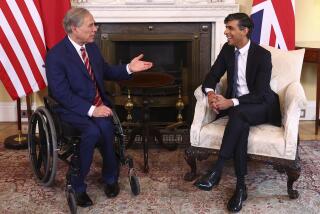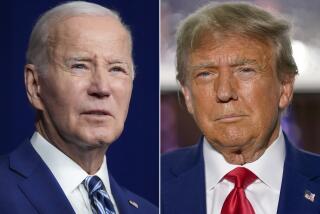Lighthizer says U.S. won’t wait for Canada on new NAFTA pact

The U.S. is moving forward on its bilateral trade deal with Mexico even if Canada is left out because negotiators can’t resolve their sharp differences over dairy and a dispute resolution system, U.S. Trade Representative Robert Lighthizer said.
The Trump administration soon plans to present to Congress a text of the U.S.-Mexico trade agreement that was announced last month to revise portions of the North American Free Trade Agreement, Lighthizer said at an event in New York on Tuesday. The timeline is important because current Mexican President Enrique Pena Nieto wants to sign the deal before he’s succeeded by Andres Manuel Lopez Obrador in December, Lighthizer said.
Under a U.S. legal process known as Trade Promotion Authority that was invoked to revamp NAFTA, American lawmakers need to review the text of the agreement 60 days before President Trump can sign it.
Lighthizer said the timetable for the new deal was set up so Pena Nieto can approve it before he leaves office Nov. 30 — an arrangement that’s acceptable to Lopez Obrador.
“If we push it beyond that date, then we have a new negotiation with Lopez Obrador, and we don’t know where that would go at all,” Lighthizer said. “It would be unfair to all the people that have been involved — certainly the U.S. workers, farmers and ranchers — to start a new negotiation with a new president of Mexico.”
The U.S. and Canada are at odds over anti-dumping dispute panels contained under Chapter 19 of the current deal, which the U.S. wants to remove and Canada wants to keep. Another sticking point is Canada’s protected dairy industry, which isn’t in the current deal but where the U.S. wants concessions.
Whether Congress will pass a deal that doesn’t include Canada remains unclear. Although some lawmakers have ratcheted up pressure on Canada to sign, others such as House Minority Leader Nancy Pelosi (D-San Francisco) have said the Trump administration should reach a trilateral deal. Some have warned that U.S. trade law won’t allow a Nov. 30 vote on a U.S.-Mexico deal, because the Trump administration began the process seeking a trilateral one.






